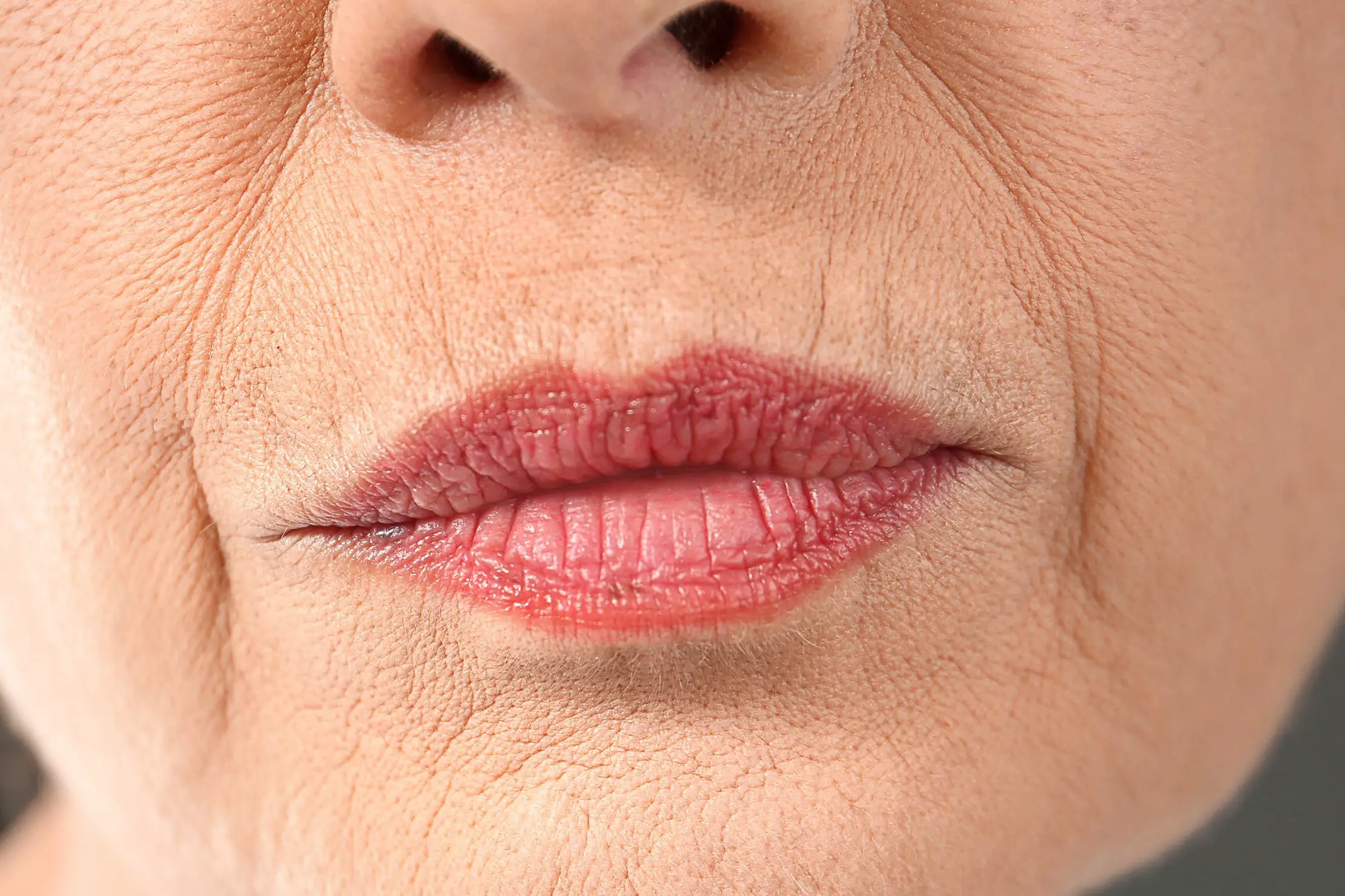Varicose veins impact a lot of adults in South Carolina. Their symptoms include swollen, twisted veins on the legs and other body parts. Some people with varicose veins are concerned about the cosmetic aspect of having them, while others experience discomfort and pain. The gnarled look of varicose veins results from the pooling of blood inside weak or damaged veins. If you are worried that you may have varicose veins, you should visit a vein institute of SC for consultation and possible treatment.
Varicose Veins Can be More than Just a Cosmetic Issue
Apart from cosmetic issues, varicose veins can have troublesome symptoms. Your legs may feel heavy or achy, you may experience swelling in your lower legs, and there may be throbbing and muscle cramps. The affected skin around the varicose veins may change color and itch. While these are harmless symptoms, more advanced stages of varicose veins can include serious issues such as skin ulcers, blood clots, and bleeding.
Risk Factors
Some factors increase your likelihood of having varicose veins. These include the following:
- Gender. Varicose veins are more common in women than in men. This can be due to hormonal fluctuations, which can relax vein walls. Also, hormonal treatments such as birth control pills can increase your risk of developing varicose veins.
- Age. Over time, the valves in your veins go through natural wear and tear. In some instances, this erosion can impede the function of the valve, letting blood flow backward and accumulate in the veins.
- Family history. You may develop varicose veins if at least one of your parents or grandparents has them.
- Weight. You have an increased risk of developing varicose veins if you are overweight. This is because excess weight, especially obesity, puts extra pressure on your veins.
- Inactivity. You are highly likely to develop varicose veins if you are not physically active or when you are always on your feet. By moving constantly, your blood will flow normally.
Treatment for Varicose Veins
Sometimes, treatment for varicose veins is not necessary. But if your condition is causing you pain or discomfort, you must see a vein doctor as soon as possible. You may be recommended to wear compression stockings that promote upward blood flow. Also, your doctor may recommend over-the-counter pain medications to alleviate pain and minimize swelling. However, if you have a more serious case of varicose veins, your doctor may suggest other treatment options such as laser treatment, ambulatory phlebectomy, sclerotherapy, non-thermal vein ablation, and endovenous thermal ablation.



